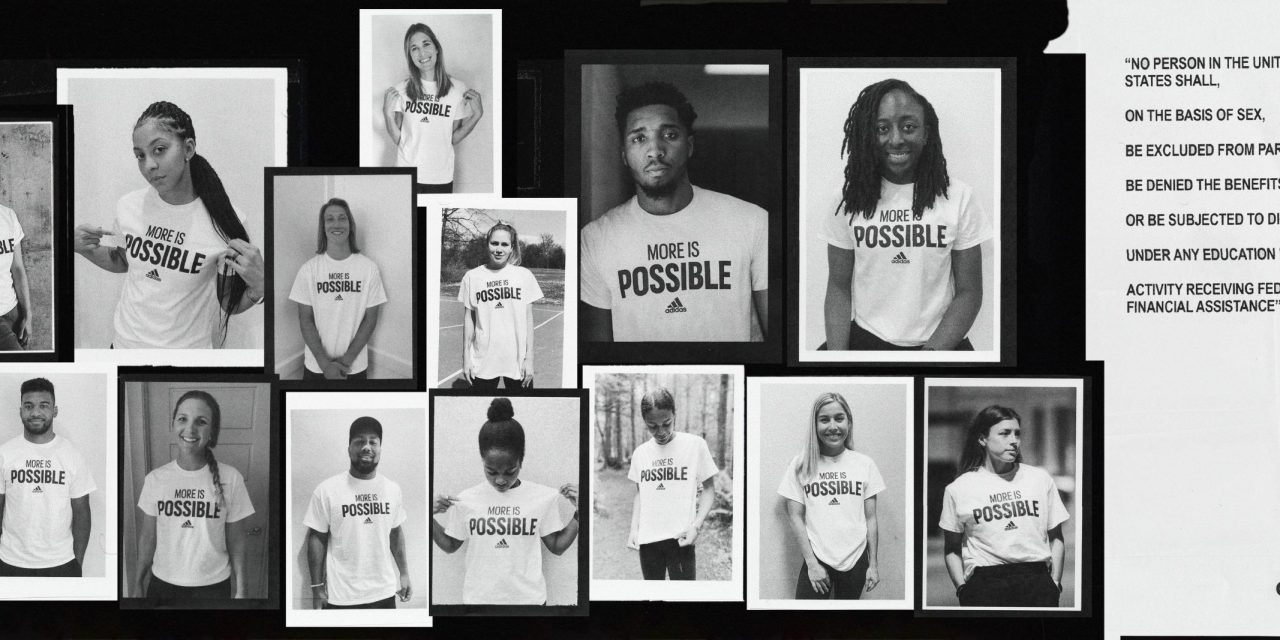As March Madness unfolds, more brands look to get involved in NIL deals

March Madness only began a few days ago and the NCAA basketball tournament is already racking up record-high viewership. Now, more brands are looking to get involved in the sport, not through traditional corporate sponsorships but by announcing NIL deals with young basketball athletes.
Sprouts Farmers Market announced last week that it formed NIL partnerships with basketball players Cameron Brink, Lauren Gustin and Sarah Sylvester. Coffee giant Keurig tapped several men’s and women’s basketball players for NIL deals last week. Pest control brand Raid inked its first NIL deals with Duke guard Jeremy Roach and Baylor guard Darianna Littlepage-Buggs on Thursday.
NIL deals — which allow athletes to receive financial compensation for their name, image and likeness — have opened a new lower-cost opportunity for brands to be involved with big college sporting events like March Madness outside of traditional corporate sponsorships. The U.S. Supreme Court ruled in 2021 that college athletes should be able to gain endorsement deals with brands, and now, more brands are taking advantage of this just in time for March Madness.
“It’s this unique moment where there’s obviously a ton of interest, which is great, but it also can be harder for brands to break through,” said Dan Lobring, senior vice president of Stretch PR, a global PR firm specializing in business and sports. “What NIL has allowed, at least on an individual athlete level, is to present an opportunity where you can break through.”
Indeed, March Madness has captured the eyeballs of a record number of fans. Over the last three days, the tournament hit an average of 9 million viewers, making it the most-watched NCAA Men’s tournament ever, according to March Madness Men’s Basketball TV.
But getting involved with big sporting events like this has historically been too pricey for many brands. This year’s sponsors — such as AT&T and Coca-Cola, among others — together pay over $200 million per year in sponsorship fees to associate with the NCAA.
The cost of partnering with even some of the most in-demand athletes for NIL deals pales in comparison to the cost of traditional March Madness sponsorships. Iowa women’s basketball star Caitlin Clark has 11 known NIL partnerships, which are estimated to be worth a combined $3.1 million, according to college sports publication ON3. Earlier this month, Clark became the first female athlete to have an exclusive contract with sports memorabilia retailer Panini America.
Ad position: web_incontent_pos1
NIL deals have opened the door for brands, even those that haven’t traditionally been involved with sports, to participate in March Madness without having to shell out millions of dollars. “The association has typically been with the big sports endemic brands, like Gatorade, Nikes and Under Armour,” Lobring said. “There’s definitely more opportunity now for smaller brands, more regional brands and these non-endemic brands to leverage the popularity of sports and also the individual athletes.”
Brands like Raid, for example, have just started signing NIL deals with college athletes for the first time this month. The pest control brand plans to feature Jeremy Roach and Darianna Littlepage-Buggs and lean into their ironic last names for digital and social content.
Sprouts has also used some of its college athlete partners for social media content. In a video in January, for instance, the grocer featured several female Big 12 athletes in a video where they share what products they grab first at Sprouts. One of the company’s latest partners, Cameron Brink, posted a photo of herself shopping at Sprouts for her nearly 400,000 followers to see.
Emily Brown, senior manager of strategy for influencer marketing agency Billion Dollar Boy, said that partnering with these young athletes allows brands to tap into local markets. College athletes often have a strong following akin to influencers.
“These brands are able to… buy into these markets in which they typically wouldn’t show up,” Brown said. :An example would be Caitlin Clark — she plays in Iowa, which might not be a traditional market for some of these major brands. But now, because she’s there, they’re able to speak to that market.”
Ad position: web_incontent_pos2
Keurig, for example, featured Arizona basketball players Caleb Love and Kylan Boswell in a social media ad.The ad featuring the pair was meant to popularize the Keurig Pod Toss challenge where they attempt to shoot a pod into a Keurig machine. Love has over 300,000 followers on Instagram, while Kylan has over 40,000. The coffee brand signed a total of 16 college athletes recently.
Sponsoring college athletes, however, can be risky, said Mark Conrad, professor of law and ethics at Fordham University. Brands will have to do a thorough background check on their partners to avoid being entangled with controversies caused by college athletes.
“It’s not so much the deal. It’s the person and you generally are going to have morals clauses and termination clauses in these deals,” Conrad said. “The person could have a reputational hit and things can sour.”

